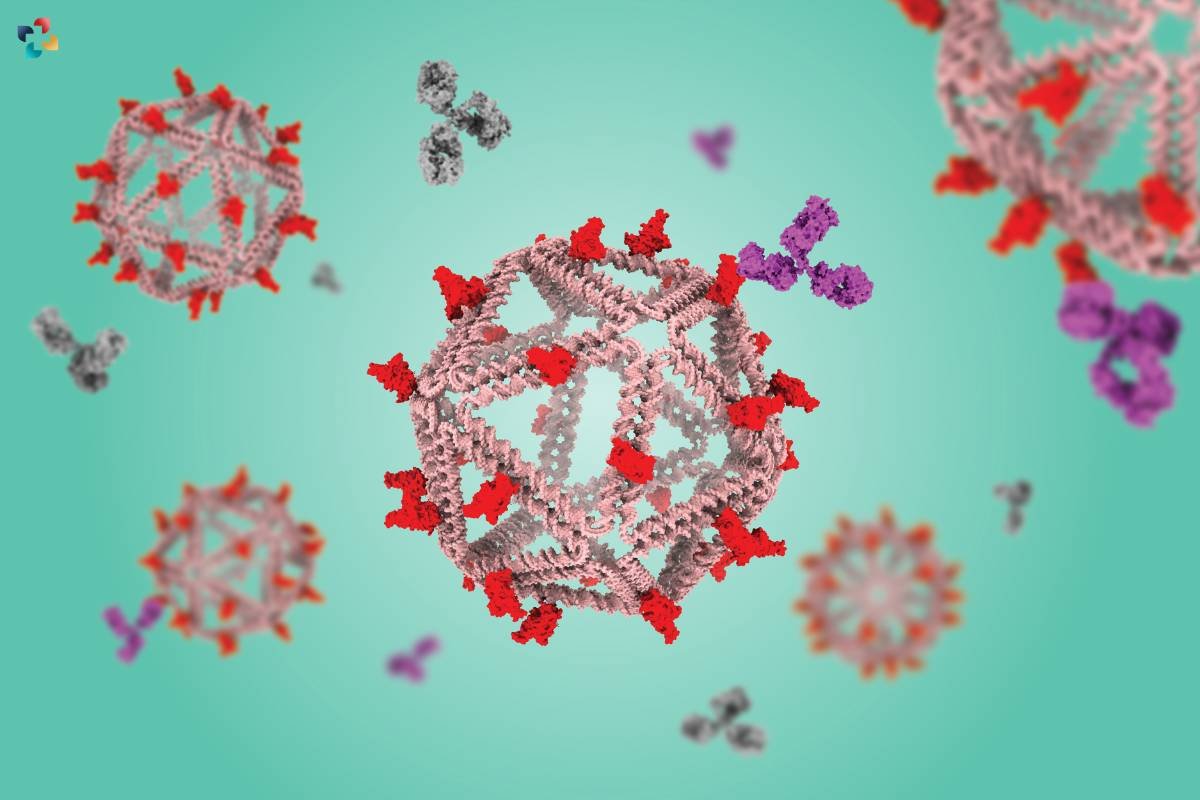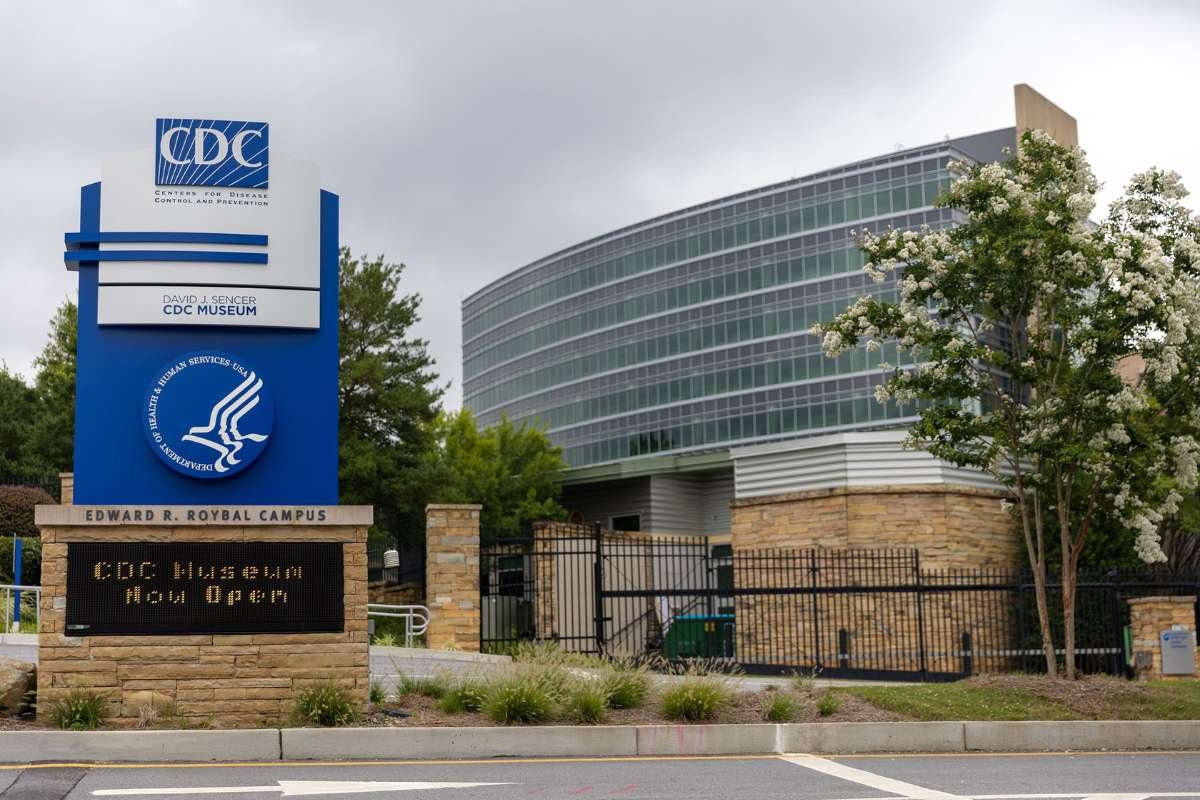Source-MIT-News
Innovative Vaccine Development
Researchers from MIT and the Ragon Institute of MGH, MIT, and Harvard have devised a groundbreaking vaccine strategy utilizing DNA-based vaccines that mimic viruses to provoke a potent immune response against SARS-CoV-2, the virus responsible for COVID-19. This novel vaccine approach, detailed in a study published in Nature Communications, leverages a DNA scaffold carrying multiple copies of a viral antigen to mimic the structure of the virus itself. Unlike conventional protein-based vaccines, this DNA-based vaccine aims to target specific viral antigens without eliciting an unnecessary immune response to the scaffold.
Key Findings and Significance
In the study conducted on mice, the researchers observed that the DNA scaffold did not trigger an immune response, allowing the immune system to focus solely on generating antibodies against the target antigen—the receptor-binding protein of the SARS-CoV-2 spike protein. This focused immune response is crucial for developing effective vaccines against challenging viruses like SARS-CoV-2, as it ensures that the immune system remains laser-focused on neutralizing the virus without being distracted by irrelevant proteins. The success of this approach in mice holds promise for its potential application in developing vaccines against other difficult-to-target viruses, including HIV, influenza, and future coronaviruses.
DNA Particles That Mimic Viruses Hold Promise as Vaccines
Future Directions and Implications
The development of DNA-based vaccines offers several advantages over traditional protein-based vaccines. By decoupling the immune response against the target antigen from the vaccine scaffold, researchers can overcome limitations associated with off-target immune responses and immune memory against the scaffold.
This opens up possibilities for developing vaccines that induce broadly neutralizing antibodies against various SARS-CoV-2 variants and related viruses. Moving forward, researchers aim to explore the potential of DNA scaffolds carrying multiple viral antigens to induce broadly protective immune responses against a range of coronaviruses. The success of this innovative vaccine platform could revolutionize vaccine development strategies, offering new avenues for combating emerging infectious diseases and achieving long-term immunity.
Overall, the groundbreaking research underscores the potential of DNA-based vaccines in eliciting robust and focused immune responses against viral pathogens. With continued advancements and interdisciplinary collaborations, DNA-based vaccine technologies hold promise for addressing current and future challenges in infectious disease prevention and control.
Also Read: Vaccines for Cancer and Heart Diseases could be available by 2030









